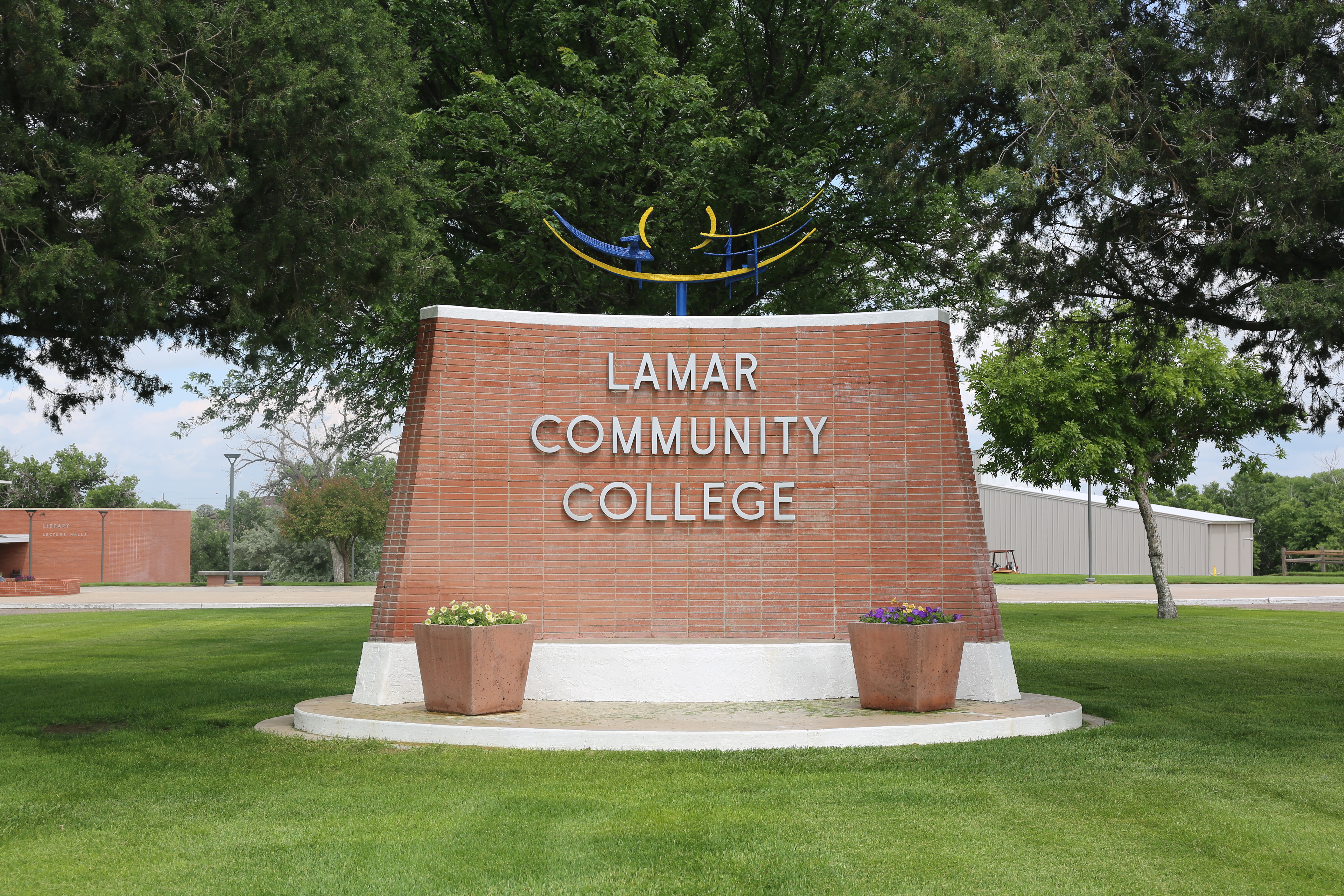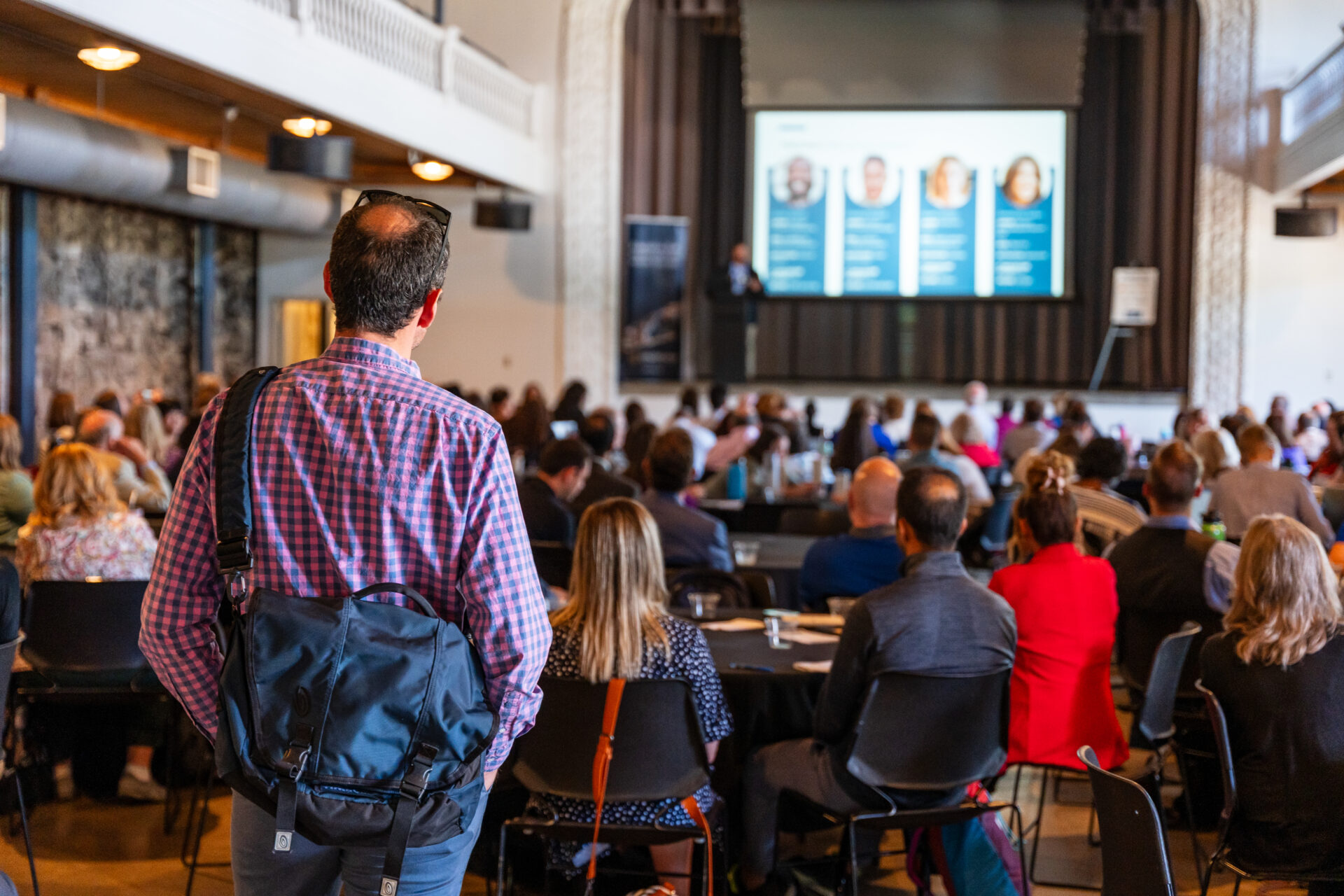Addressing more than 150 instructors and administrators, Dr. Pedro Noguera began his presentation with a challenge.
“For too long, the question that colleges have posed is “Are the students ready for college?’,” he said. “I’d say now we have to flip that on it’s head. We have to ask, are we as colleges ready for them?”
The presentation was part of CCCS’ Equity U series, which aims to advance inclusive practices across the CCCS colleges. Dr. Noguera leads the University of Southern California’s Rossier School of Education and is an expert in the ways social forces affect education access and outcomes.
As the country recovers from the pandemic, students are facing more pressures than ever before, Noguera said. Rising prices for childcare, gas, and groceries are forcing many would-be students to delay college and opt to work instead.
“Focusing narrowly on the academics simply will not be enough if we want to reengage students,” he said. “Education is best resource we have for responding to the needs of our students and the threats we face.”
Key to this mission is equipping instructors with the right training and tools, Noguera noted. In addition to economic disruptions, many students are experiencing chronic trauma amplified by the isolation and stressors of the pandemic. Treating students with respect and empathy—as well as understanding their motivations and learning styles—helps instructors build rapport and make learning more relevant.
“Every one of our students has value. How do we acknowledge that value and build upon it?” he asked. “Through an asset-based approach to education rather than a deficit-based approach where we focus on the things they don’t know.”
When we are preparing our students for the jobs for the future, then they don’t have to choose between career and work.
To meet the diverse needs of learners, instructors should outline clear goals and expectations for assignments and include students’ interests and cultural backgrounds in lessons, Noguera said. It’s also important to create safe learning environments that encourage exploration and critical thinking.
Noguera also advocated for “deep learning” that asks students to apply, analyze, or even create something using the knowledge and skills they’ve acquired. Work-based learning opportunities, like CCCS’ career and technical education or apprenticeship programs, allow students to learn by doing while giving them a leg-up in the job market.
“When we are preparing our students for the jobs for the future, then they don’t have to choose between career and work,” he said. “If we can design programs in partnership with industry, we’ll be in a better position to retain our students.”
Inclusive teaching may take some adjusting, Noguera acknowledged. Historically, instructors have focused on the content they’re teaching rather than their students’ learning experience. By centering the student perspective, however, instructors can improve outcomes while empowering learners to take ownership of their education.
“You serve students who are often marginal,” he said. “Our job is to make them feel valued, recognize their worth, and remind them that through education, they can in fact, create a better life for themselves. That’s the power of education, and that’s the work that’s ultimately going to lead this country to become more just and more equitable.”


